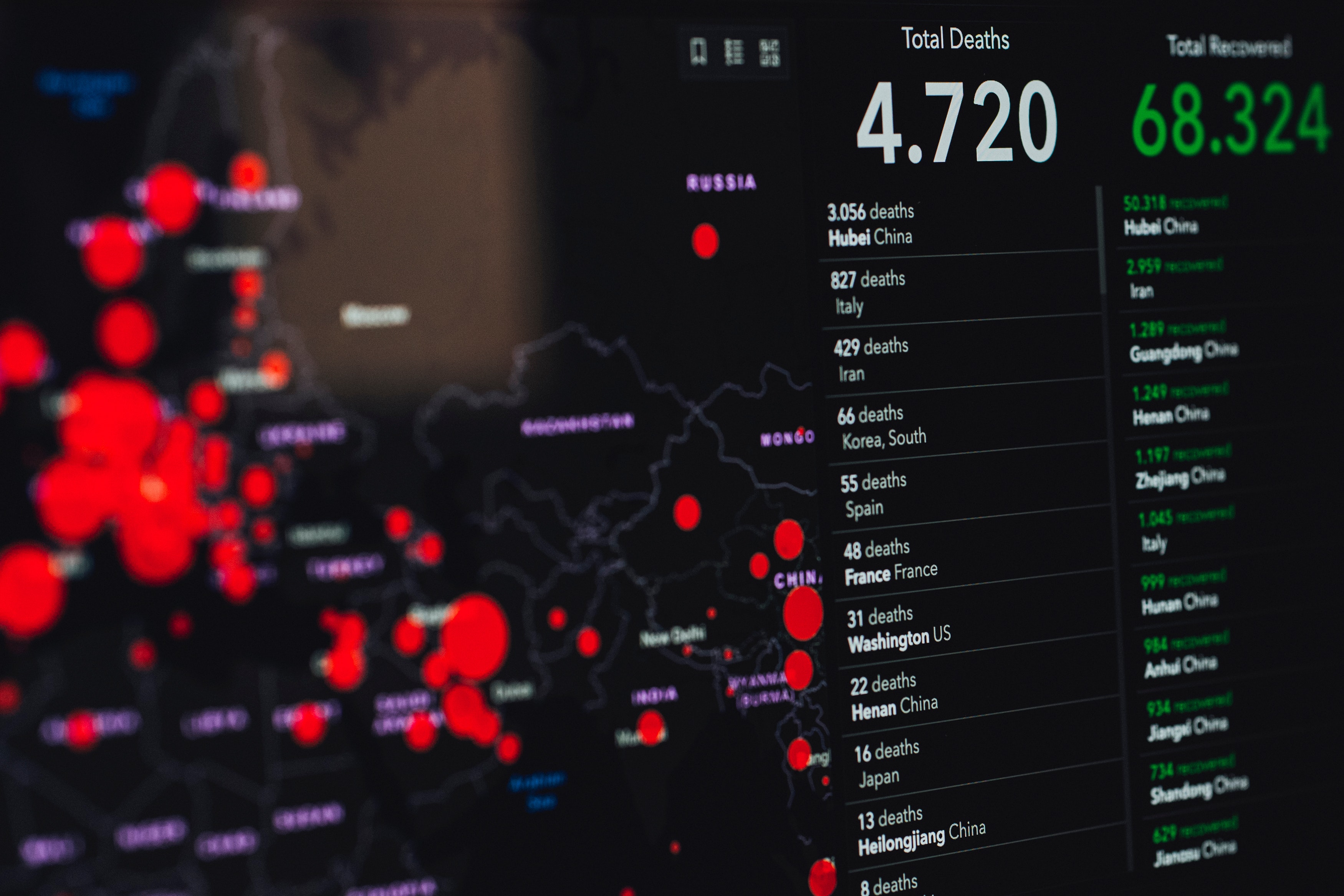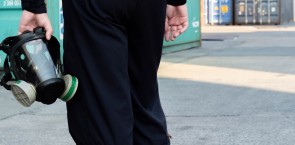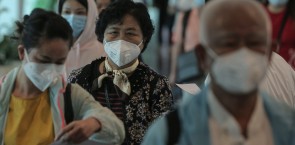
Never before has auditing been faced with such overwhelming challenges, but remote auditing, risk management and client goodwill are making it all possible.
As several regions including China and Europe are easing into the second stage of the pandemic, other parts of the world such as USA and Canada are still fighting the peak of one of the deadliest graphs since World War II.
COVID-19 has affected workplaces all over the world and NEPCon is no exception: Auditing is certainly challenging these days with entire countries under lockdown, but while activities are slowing down in some areas of the world, they are picking up again in others.
“It is essential that the standards of our auditing is not compromised. Fortunately it seems that we have been able to maintain a high level of quality despite these challenges. In places where onsite visits have not been possible, we have been able to carry out remote audits, or partial remote audits, in close cooperation with the clients, or we have managed to postpone it,” said Justinas Janulaitis, Technical Director at NEPCon.
Justinas Janulaitis is part of the COVID-19 task force for NEPCon Assurance, which was set up in early March immediately after it became clear that the virus was spreading rapidly across the globe. The team consists of experts handpicked from relevant divisions, who are monitoring the spread of the pandemic, advising staff and liaising with clients.
“We are using a risk-based approach and have developed an interactive map, which is constantly updated by our COVID-19 task force. The map is central to our work and regional and local policies are adjusted on a day to day basis, following the changing risk patterns of the pandemic,” said Justinas Janulaitis.
On the NEPCon Covid-19 Map the varying degrees of mitigation across the globe is marked by five different colours with detailed information in a drop down box.
“COVID Button”
The team has also introduced a “COVID Button” to register and keep track of impacted operations. When audits are cancelled, postponed or changed and data is uploaded to the NEPCon database, auditors and other staff can click the button and mark the engagement as impacted by COVID-19. This provides Justinas Janulaitis and his colleagues with important insights of how, amongst other things, the pandemic is affecting clients locally.
“This enables us to stay ahead and provide necessary and timely aid to our clients and auditors. Good data is crucial to providing quality services,” said Justinas Janulaitis.
At the moment data collected by this method shows that most engagements from March to June have been impacted. Although remote auditing is useful, it is still the individual certification standard, which is setting the perimeter of what is possible.
“For us to use remote auditing, the certification scheme obviously has to allow us to do so. Since the breakout, Forest Stewardship Council™ has introduced a derogation, which temporarily makes the system more flexible. Chain of Custody audits can fairly easily be replaced by remote audits, but for Forest Management audits and Controlled Wood audits I see a credibility issue if it is simply left for the certification bodies to decide if they can maintain credibility while working remotely,” said Justinas Janulaitis.
Luckily, clients have been very supportive and open to using new tools and procedures, says Justinas Janulaitis. One might suspect that not having to host a group of auditors for several days at a time may be the reason for their cooperative spirit. However, if they believe that audits are less thorough or time consuming, they are in for a surprise:
“Initially we asked our auditors how long they thought it would take and most of us thought it would be a lot faster. It didn’t actually turn out that way and some of the full or partial remote audits are actually taking longer,” said Justinas Janulaitis.






